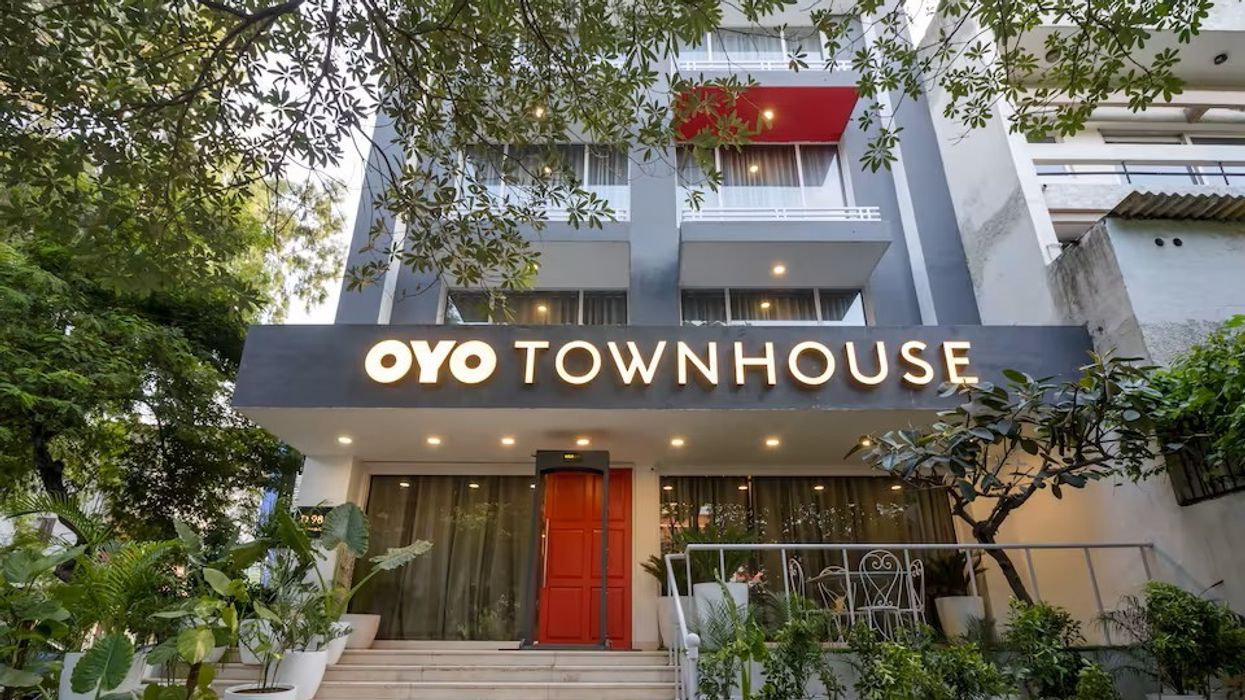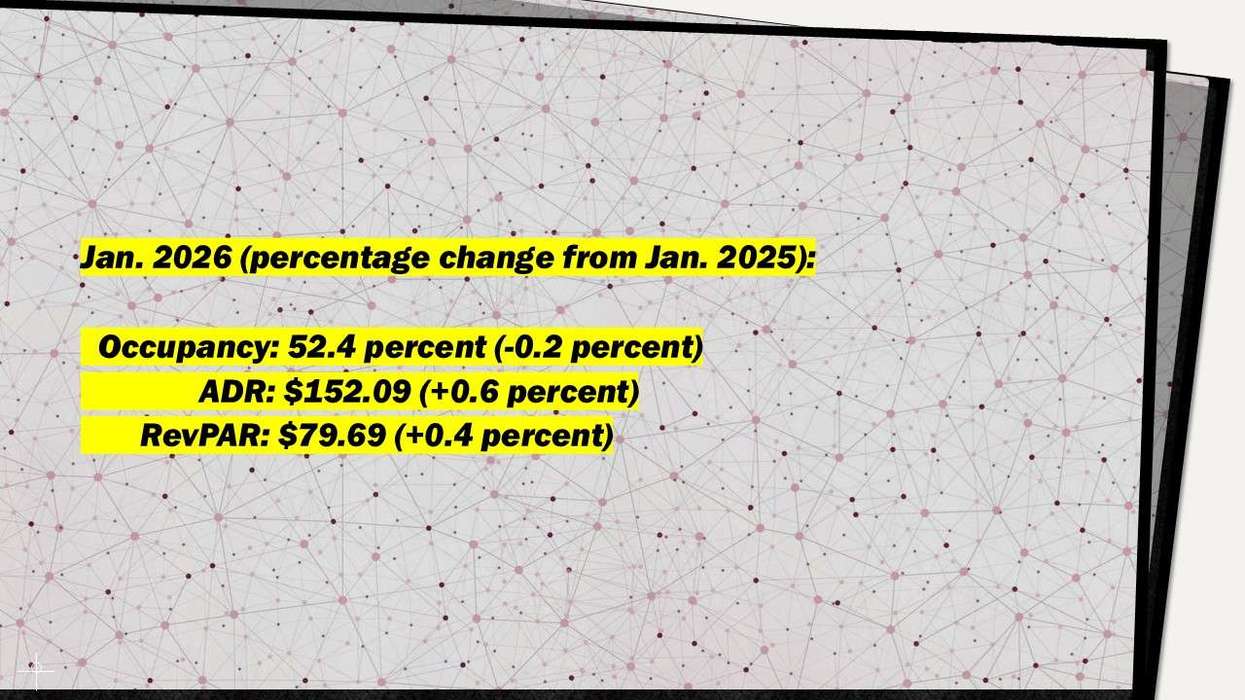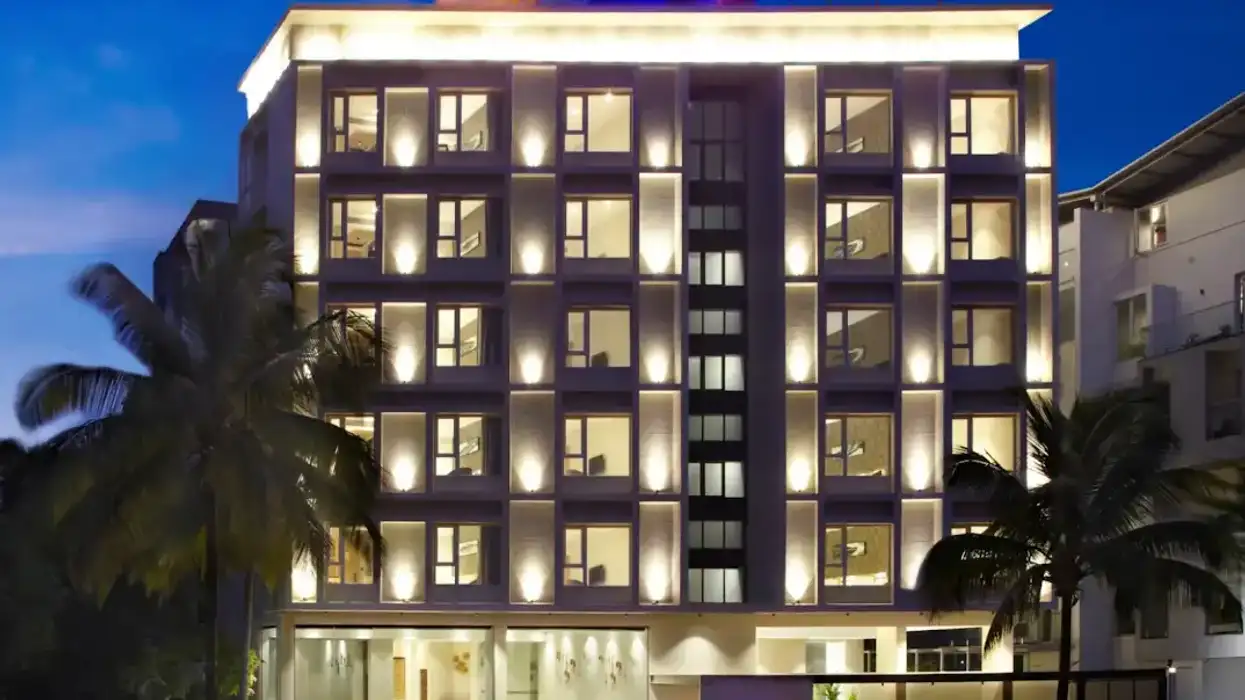OYO Launches In-House Kitchens and QSRs Across Hotels
OYO, THE INDIAN travel technology firm, is entering the food and beverage business by opening in-house kitchens and quick-service restaurants at its company-serviced hotels under the Townhouse by OYO brand across the country. The company expects the initiative to contribute 5–10 percent additional revenue per hotel on a stabilized basis.
OYO is led by CEO Ritesh Agarwal, who also serves as chairman of G6 Hospitality, the parent company of the Motel 6 and Studio 6 brands.
“The initiative aims to enhance the in-hotel dining experience for guests by offering fresh, convenient, and quality meal options across its network,” said Varun Jain, OYO’s chief operating officer. “To support this, OYO is developing a network of trusted F&B experts in key cities such as Delhi, Mumbai, Bengaluru, Hyderabad, Pune, Indore, Kolkata, Jaipur and Lucknow.”
OYO plans to cover 1,500 company-serviced hotels in fiscal 2026, allowing guests to order meals through in-house dining and online platforms, including OYO’s app, the company said in a statement. Kitchen setups will range from full-service commercial kitchens to pantries for essential items, depending on each hotel’s profile and infrastructure.
In addition to in-house kitchens, the company is launching QSR carts and lobby stores under the Townhouse Cafe brand, offering ready-to-eat meals and grab-and-go options without the wait of traditional restaurants, OYO said.
Meanwhile, G6 Hospitality added more than 150 corporate clients this year in the U.S., securing major accounts in construction, transportation, agriculture, retail and transitional housing.






